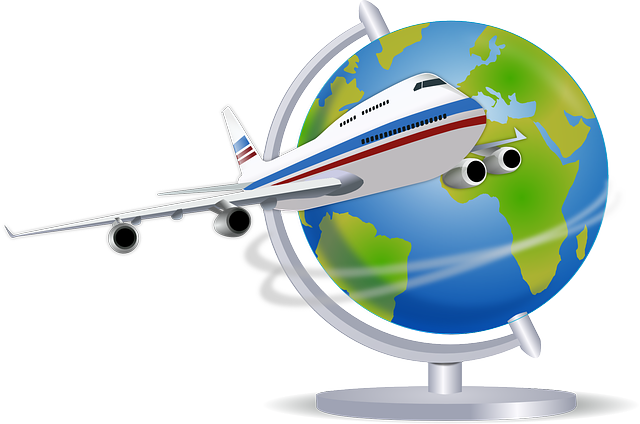
Philippine President Rodrigo Duterte is encouraging Brunei, Indonesia, and Malaysia to adopt a common set of standards for non-convention ship operations and to increase maritime and air linkages for greater mobility and cross-border trade in the sub-region.
Duterte also asked Malaysian Prime Minister Mahathir Mohamad to speed up discussions on the barter trade system between the Philippines and Malaysia.
“I earnestly ask His Excellency the Prime Minister of Malaysia for our two countries to fast track negotiations on the barter trade system as this promises livelihood and income to small communities along border areas,” Duterte said during his intervention at the recent 13th Brunei Darussalam-Indonesia-Malaysia-Philippines–East ASEAN Growth Area (BIMP-EAGA) Summit in Malaysia.
Duterte expressed hopes the barter trade system would be institutionalized in the south, underscoring that its adoption would help address poverty, conflict, and instability in the Bangsamoro region.
“The institutionalization of the barter trade is an investment for peace and for inclusive, equitable, sustainable development, especially in the newly established Bangsamoro Autonomous Region in Muslim Mindanao. It will help address endemic poverty and avoid triggers of instability and insecurity in these porous areas of the Bangsamoro region,” Duterte said.
He also underscored the need to develop the sub-region’s halal industries “to become more competitive in the billion dollar global halal market.”
Discussing transportation and connectivity, the President encouraged Brunei, Indonesia, and Malaysia to adopt a common set of standards for the operation of non-convention ships, or vessels not covered by international conventions.
He also called for increased air linkages in the region for greater people mobility and cross-border trade, adding that airline companies must be given strong policy support to sustain their commercial operations.
To enhance sub-regional trade through improvements in physical connectivity, the President said the Philippines would also like to have roll-on/roll-off services with Malaysia and Brunei, similar to the service with Indonesia launched in 2017. The service, which had linked Davao and General Santos in the Philippines with Bitung in Indonesia was, however, cancelled due to the low volume of cargoes but both governments are working on its revival.
Duterte said the Philippines, for its part, commits to deeper cooperation on maritime security.
Duterte also asked for the full and timely implementation of the Priority Infrastructure Projects under the BIMP-EAGA Vision 2025, where 16% of the 63 identified projects have already been completed.
To make BIMP-EAGA more responsive and resilient to dynamic regional and global environments, the regional group must take practical steps towards establishing the BIMP-EAGA Facilitation Center.
Ensuring food security and increasing economic opportunities for farmers and fisherfolk should be the core interests of the member states’ cooperation, the President said, encouraging other leaders to work on their food basket strategy to maximize the comparative advantages of local economies.
BIMP-EAGA is a sub-regional economic cooperation designed to spur economic development in lagging sub-economies. Established in 1994, BIMP-EAGA covers the underdeveloped and geographically remote areas within the four-member countries.
To narrow the development gaps among its member states, the BIMP-EAGA economic cooperation focuses on four strategic pillars: enhanced connectivity, food basket strategy, tourism development, and environment.








